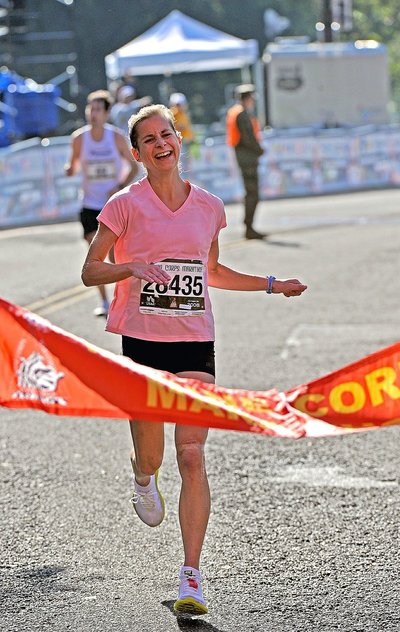We strive to make your experience in the office as comfortable as possible
Below is a summary of what to expect:
Initial visit:
After signing in at the front desk you will fill out the necessary intake-form.
This form asks questions about your current problem, personal health history, surgeries, medications, and family health history.
Please bring any necessary medical records (MRI reports, X-ray reports, etc.) with you.
You will also want to bring comfortable clothing.
History:
This is when you tell me in your own words the story of your injury/condition:
- What happened
- When it happened
- Under what conditions
- Treatments you have had
- Responses to previous treatment
I will also ask you specific or individualized questions to better understand how your problem happened.
This information is an important part of solving your problem.
Exam:
After the history is taken we now know where to start with the exam.
The musculoskeletal exam consists of functional tests/screens, orthopedic tests, neurological tests, soft-tissue assessment, and joint assessment.
I use these different data points to figure out what’s wrong.
Whenever possible, I will find a test (motion or position) that reproduces your symptoms. Based on this test, I know what structure is being overloaded.
For example, if while watching you lunge I see you lean forward, a weakness in the hamstrings is suspected.
If this also causes you knee pain, a link has been established between the weakness in your hamstrings and your knee pain.
Diagnosis:
All the different data points from the history and exam are evaluated and assessed like puzzle pieces.
The data points are put together in the right way in order to determine an accurate diagnosis.
This is an art and a science that requires objective, critical thinking and a great deal of experience with musculoskeletal problems.
What I come up with is a four-part diagnosis as follows:
Here's Our Process For Getting You Feeling Great Again

Determine exactly what structure is responsible for your pain.

Determine what has gone wrong to overload that structure.

Identify perpetuating factors.

Begin a customized treatment plan, taking all variables into consideration.
Explanation
Once I’ve determined your diagnosis, I’ll explain it to you in a detailed manner you can understand.
It is really important to me and to your progress that you understand what’s wrong and how we can fix it.
Also, at this time I’ll let you know how many treatments I think it will take to solve your problem.
If you have any questions about your diagnosis or the proposed treatment please don’t hesitate to ask and I can answer them at this time.
Post-initial exam
Follow-up visits

Discharge

Maintenance
Suffering with chronic pain?
We can help.
If you're suffering with chronic pain, your quality of life can often be improved with our type of care. Your treatment plan will reflect the goal of achieving the greatest percent of improvement possible. Understanding that full resolution may not be possible, you’ll additionally be supported with self-management exercises and advice on your activities of daily living.
